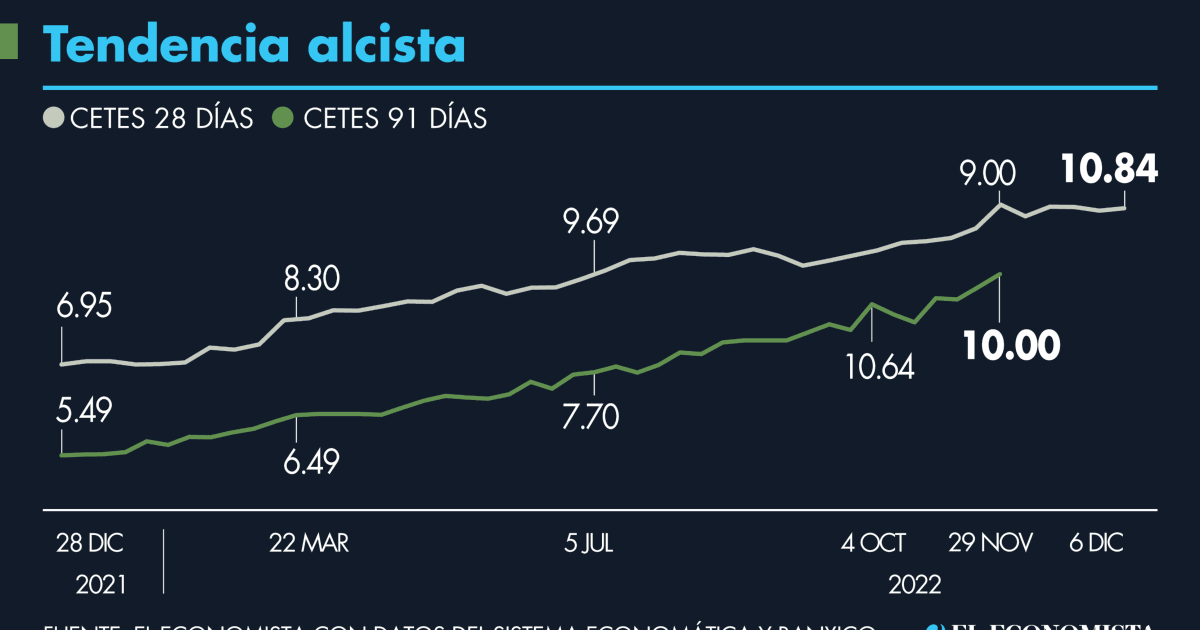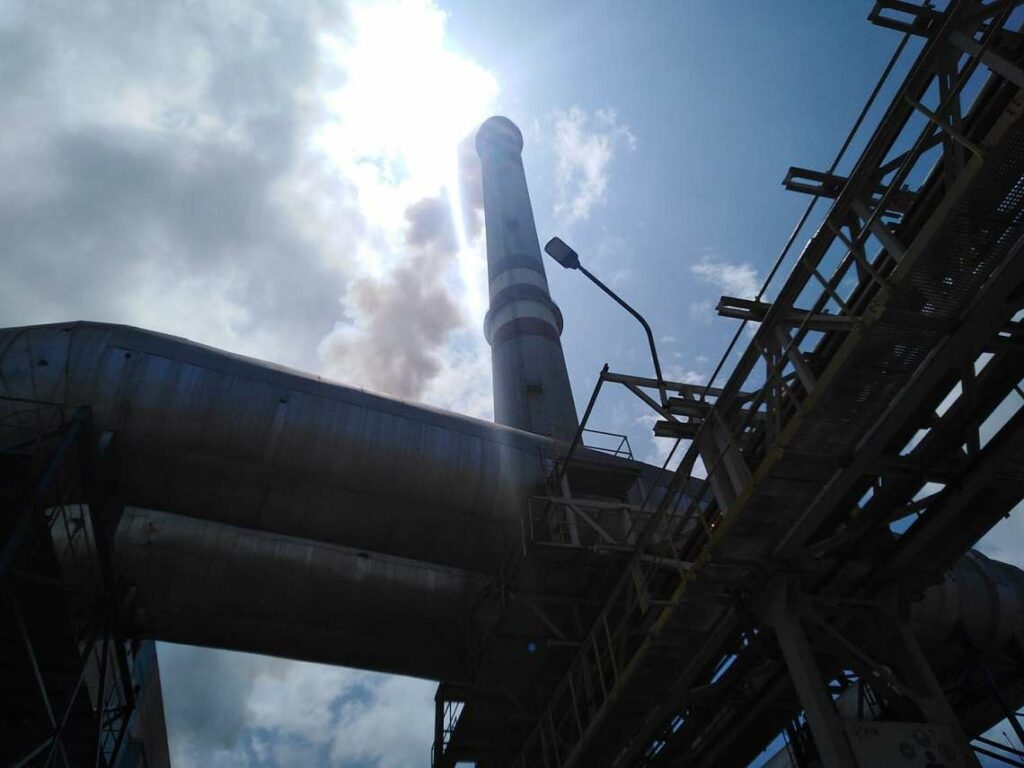The dominant scenario for Mexico is a slight economic recession, a growth of the Gross Domestic Product equal to 1% and a rise in inflation of 5% by 2023, according to estimates by Luis Gonzali, CFA, VP/Co-Director of Investments at Franklin Templeton Mexico
He considered that during the first half of next year the funding rate determined by the Bank of Mexico would be around 11% and towards the end of the year it could be at 10.5 percent.
Gonzali explained that Mexico could maintain its investment grade by all credit rating agencies until 2024, depending on the results of the presidential elections. He said that controversies with the Treaty between Mexico, the United States and Canada (T-MEC) must be monitored since a panel threat would cause changes in Mexico.
Franklin Templeton presented three scenarios for Mexico, the positive (10% probability), the medium (70% probability) and the negative (20% probability). Gonzali said that Mexico continues to be attractive for investments since it offers a real rate compared to its peers and that the assets with the best yields in pesos were: Fibras (13.3%), Cetes (6.5%) and government bonds (2.2%).
global survey
In the case of the 2023 Outlook of the survey carried out by Natixis IM with institutional investors, they see “a recession as inevitable… Institutions perceive a mistake in central bank policy as one of the biggest threats to the economy. But most (65%) say the risk of recession, a likely outcome of central bank policy, pales in comparison to the risk of stagflation, or a period of negative GDP growth with entrenched inflation and spiraling unemployment.
According to survey data, the vast majority (85%) believe that we are or will be in recession next year and 54% believe that a recession is necessary to control inflation.

markets
In the survey results, Natixis reveals that given the prospect that central banks will continue to combat inflation with rate hikes in the coming year, seven in 10 institutional investors (72%) believe that raising rates will trigger a resurgence. of traditional fixed income investments, while 56% have a bullish outlook on bond markets in 2023.
Mauricio Giordano, Country Manager, Natixis IM Mexico considered that despite various headwinds for the economy, institutions are remarkably positive about most asset classes and see significant opportunities for active investment amid continued market disruptions. market.
“After a decade of rising equity markets fueled by low interest rates, 2023 is the year the market will once again recognize the importance of asset quality and valuation and that the nature of traditional fixed income is also compelling,” Giordano said.
concerns
Natixis IM surveyed 500 institutional investors in 29 countries across North America, Latin America, the UK, Continental Europe, Asia and the Middle East who collectively manage $20.1 trillion in assets leads to the conclusion that both inflation and rates of interest are the two main risk concerns in the portfolio of institutional investors, 57% cite the war Russia vs. Ukraine as the biggest threat to the world economy, a sentiment that is strongest in Europe (68%).
In addition to deteriorating relations between the United States and China, it is also considered a main threat, a concern cited by 47% of institutions in Asia and 53% in the United States after the midterm elections, compared to 25% before the elections.
Ultimately, 65% of global institutional investors believe that China’s geopolitical ambitions will lead to a bifurcation of the global economy towards a two-world order, with China and the United States as the major spheres of influence.
60% believe large-cap stocks will outperform small-caps, with the outperformance most likely coming from the healthcare, energy and financial sectors.
Institutional investors believe the consumer discretionary (42%) and real estate (47%) sectors are more likely to underperform, as 2023 sees rates rise and house prices fall.
They reveal that in terms of the outlook for stocks, they are bullish on capital and private assets in general, bearish on traditional real estate and see strength in ESG (environmental, social and governance) investments, with a big rally of green bonds.

















